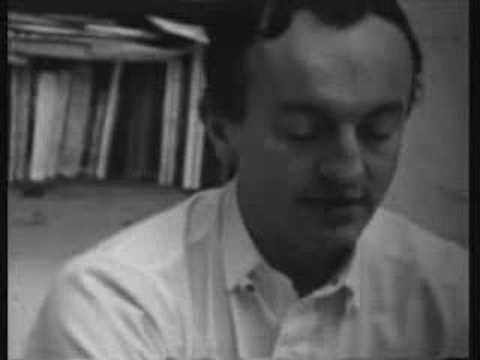Partly Because of Your Love of Yogurt
Do people still write love poems? Of course. Maybe. Hmm. No?
This morning, someone on a Discord asked me for recommendations to “begin” enjoying poetry. I think this is a marvelous phenomenon. Can you imagine someone asking anyone: Hey, how can I enjoy video games? How can I enjoy pop music? How can I enjoy color? The ridiculousness of the question points to two things. Popular enjoyments, our collective jouissance, no longer have any traffic with the Love Poem as such, the Epic Poem, as such. Instead, these forms have been relocated into the entertainment domain of power ballads and streaming TV shows.
In high school, the thought gets combed out. Most of us are taught to hate poetry, or have an exhausted contempt for it. It’s the foreign language you have to learn but supposedly can’t speak anywhere. It survives on as a lifestyle, in the teenage imagination akin to cigarettes and Paris, or worse—the pyramid-dream scheme of an MFA degree. I speak as someone who knows, and has the debt to prove it.
On the other hand, if poetry isn’t what is considered SEXY and PUNK, not the really good stuff that is, in fact, that’s okay. If people assume they must be taught “how to” enjoy it, like trying to make love to an alien species, this is not as strange as it first sounds, I think. Why? Because all enjoyments must be taught. Pervasive and normalized ones the process is endlessly happening and re-happening, as if seamlessly, un-self-consciously.
I did not go into this mini-rant on Discord. Instead, I made some of my usual suggestions:
Poets that I find really great places to begin, in general: Emily Dickinson [she contains everything], Sappho [lovesick fragments, the origin of poetry] (cf. Anne Carson translation), Wallace Stevens [the master of play], Claudia Rankine [the trauma of everyday life], Maggie Nelson [erotic research], Rainer Marie Rilke [the cult of art and miracles], César Vallejo [eternal grief], Eileen Myles [queer punk rock but not], Frank O'Hara [your cynical friend who knows everyone and everything yet is secretly the biggest Romantic].
This then made me pause and launch over “Having a Coke With You,” what I told said person was my nomination for the best love poem in English for the 20th century. I mean, it’s not far off. The love poem by “serious poets” has gone out of fashion. When did that happen? You still hear them loudly in Plath, Rich, Sexton—but often those midcentury geniuses are complicating matters, in wonderfully off-putting way. Love becomes desire, myths, grief, rage. The plainness of the love poem is, well, a tad suspect for the ambitious poet? Whereas in Bob Dylan or Nina Simone, love songs are dime-a-dozen, no?
My friend Robert Polito, one of the most keen Dylan experts, thinks “To Make You Feel My Love” (which Garth Brooks and Adele covered, making Dylan very rich) is one of Dylan’s worst songs. For example:
I’d go hungry, I’d go black and blue
I’d go crawling down the avenue
No, there’s nothing that I wouldn’t do
To make you feel my love
Not exactly Shakespeare. But I do love the vibe of the song, even so. You have to hear the song, as well as, in the era of things like “You Belong to Me,” one of my favorite love songs of all time (which Dylan covered for The Natural Born Killers soundtrack in the early 90s, by the way, how hilarious is that). The lyrics are Tin Palley adjacent.
What is love poetry, anyway? Love is one of those obvious and non-obvious words. Let me return to O’Hara. I posted the link for the poem then wanted to throw down the video of O’Hara reading it in his apartment, recorded by PBS in the mid-60s. It’s an iconic witnessing of how beautifully and naturally O’Hara inhabited his own work.
Then, you can find below, in the comments—this addendum:
This poem is about Vincent Warren, a dancer with the New York City Ballet that Frank O’Hara was in love with. It makrs [sic] the moment when O’Hara realized he was in love with him. John Ashbury [sic] had invited O'Hara along with him on a european [sic] arts jaunt (which is where the itinerary lsited [sic] in the poem comes from) and O'Hara accepted. At that very moment hye realized he was in love with Vincent Warren -- and sat down and wrote this poem.
First, from this famed trip abroad, here is a photo of Ashbery taken by O’Hara, and a photo of O’Hara taken by Ashbery:



